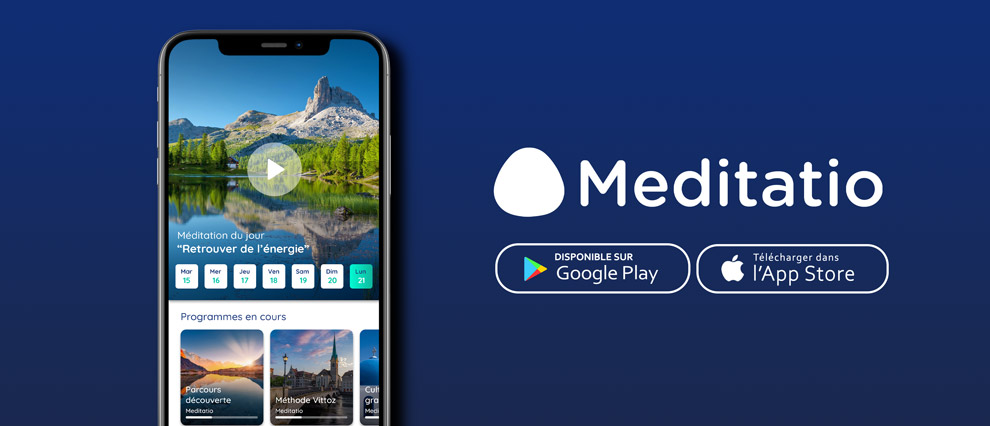The Psalms
Psalm 91, Psalm 23, the Psalm of the Day, the Psalms of David… Christians very commonly pray with these beautiful poetic texts from the Book of Psalms, included in the Old Testament of the Holy Bible. The Psalter is a major element of the Liturgy of the Hours. Whether you pray and meditate on them alone, or with a community, the Psalms can help you entrust your fears, your anxieties, your joys, and your praises to the Lord. The Psalms are poems expressing the daily emotions and feelings you will come to experience in your life. Discover the main Psalms to accompany you in joys and sorrows, every day!
Sommaire
A Psalm for Every Situation
There are 150 Psalms in the Book of Psalms, each related to a special event or a particular state of mind. Whatever you may be going through, there is always a Psalm there to accompany you!
You can read the Psalms in the evening, before going to bed, or in the morning, to entrust your day to the Lord.
There are Psalms of Protection to help you face daily challenges and hardships, such as Psalm 91 (90), Psalm 23 (22) or Psalm 27 (26); Psalms to bring you strength in your combats, such as Psalm 35 (34) or Psalm 46 (45).
With Psalm 51 (50), or Psalm 37 (38), you can express remorse for your sins, and ask the Lord for His forgiveness.
Many Psalms are dedicated to praising the Lord for His greatness and kindness, such as Psalm 148, Psalm 1, Psalm 139 (138) or Psalm 119 (118). Psalms 103 and 138 (137) enables us to express our gratitude to the Lord for His good works and benevolence. There are also Psalms of adoration, such as Psalm 95.
N.B.: The two different numbers of some Psalms correspond to the Greek and Hebrew numbering system.
How to Pray with the Psalms
- Memorize a line, a verse to accompany you throughout the day.
“The Lord is my shepherd, I lack nothing.” (Psalm 23)
“Your word is a lamp for my feet, a light on my path.” (Psalm 119: 105)
“The Lord is my light and my salvation; whom shall I fear? The Lord is the stronghold of my life; of whom shall I be afraid?” (Psalm 27)
- Read and meditate on the Psalm of the Day. You can enter into a more profound contemplative state by practicing the prayer and reading method called the Lectio Divina. It follows 4 steps: Lectio, Meditatio, Oratio and Contemplatio (discover all of our advice on how to practice the Lectio Divina).
- Sing! "He who sings pray twice." Discover the many beautiful ways Psalms have been translated into music in history: you too can make the prayer of the Psalm more personal by turning it into music!

